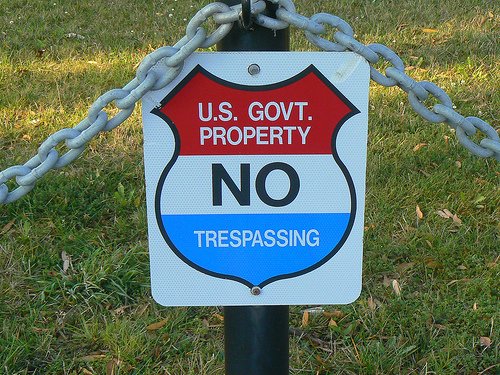
The reason that socialism and fascism (i.e., government nationalization of private companies) are both on the rise in the U.S. is because capitalism is presumed to have seriously faltered — if not failed. The faulty premise here is the assumption that we had genuine, unhampered capitalism to begin with. We haven’t had that in this country for a long, long time. The other mistaken assumption is that failure is unacceptable. People assume that if the auto companies flounder or fail, it’s the fault of capitalism. So we have the government take them over. Now, presumably, the auto companies will no longer fail. Really? What happens if they still don’t succeed once they are nationalized? No answer is provided.
Of course, Congress will structure the nationalization in such a way that it still looks like the auto companies are “private.” That way, when they fail — you can again blame capitalism. To whatever extent they can appear to have succeeded, government will take the credit. It’s a pretty good deal for our politicians. But, beware: It’s only as good as the capacity of people to be fooled. Americans are used to a competitive auto market and generally good cars. Let’s face it: Foreign cars are generally better. Some of the American cars are good, a few even excellent — but will that still be the case when the government runs the show? Will the government “do” for cars what it “did” for the post office and Amtrak — and will that be seen as a GOOD thing? I somehow doubt it. What will be the next step? Will the government now have to reduce (or even eliminate) competition from foreign auto makers who do a better job than the newly nationalized American industry? I wonder how Americans will react to this mandated restriction of their choices and reduction in quality. Stay tuned. Capitalism could yet make a comeback.
